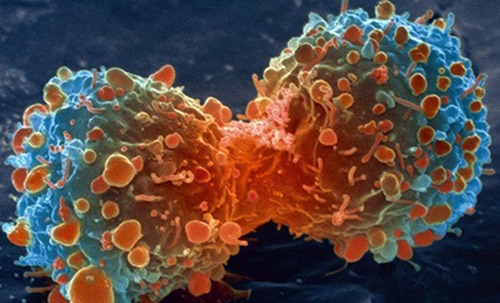Cancer is the 'best death' – so don't waste money trying to cure it: doctor
Dying of cancer is the “best death”, says a leading doctor who goes on to say that one shouldn’t spend money trying to cure it.
Dr Richard Smith, a former editor of the British Medical Journal is of the opinion that cancer allows people to say goodbye and prepare for death and was therefore preferable to sudden death, death from organ failure or “the long, slow death from dementia”.
Referring to the writings of surrealist Luis Buñuel, Dr Smith reportedly said that cancer was the closest thing to the filmmaker’s professed wish for “a slower death”.
“You can say goodbye, reflect on your life, leave last messages, perhaps visit special places for a last time, listen to favourite pieces of music, read loved poems, and prepare, according to your beliefs, to meet your maker or enjoy eternal oblivion,” Dr Smith wrote in a blog published for the BMJ, a journal he edited until 2004.
“This is, I recognise, a romantic view of dying, but it is achievable with love, morphine, and whisky. But stay away from overambitious oncologists, and let’s stop wasting billions trying to cure cancer, potentially leaving us to die a much more horrible death,” he wrote.
Dr Smith, who also worked as a TV doctor for the BBC and TV-AM for six years, heads both the medical records company Patients Know Best and the International Centre for Diarrhoeal Disease Research.
He argues in his blog, that a quick, sudden death – despite being most people’s choice – can be hard on bereaved relatives and friends, particularly where there are unresolved issues in a relationship, while organ failure can leave people “far too much in hospital and in the hands of doctors,” he wrote.
A death following dementia “may be the most awful as you are slowly erased,” he opines.
Buñuel himself, who died in Mexico City of pancreatic cancer at the age of 83 in 1983, wrote that while he was “not afraid of death” he was “afraid of dying alone in a hotel room, with my bags open and a shooting script on the night table. I must know whose fingers will close my eyes.”
Cancer remains one of the most common causes of mortality in the world, accounting for nearly one in three deaths. A major milestone was reached in the development of treatments in 2014, when Cancer Research UK announced that half of cancer sufferers now survive the disease for 10 years or more.
Related Posts

